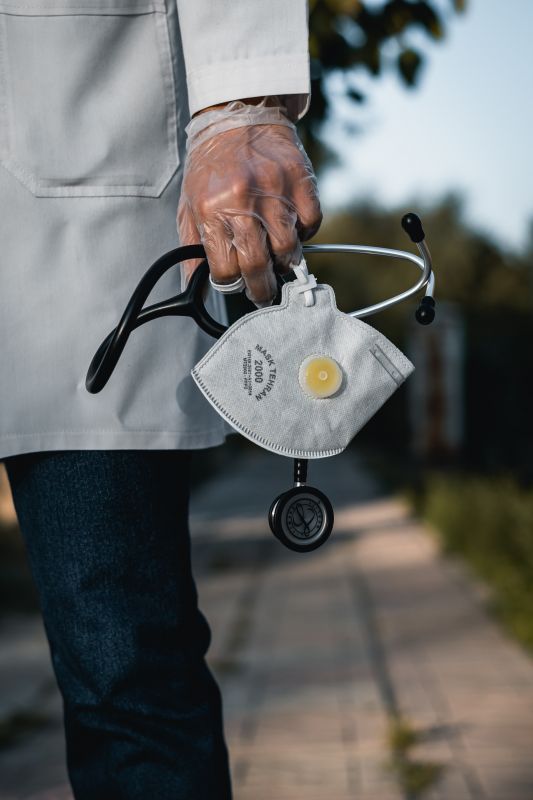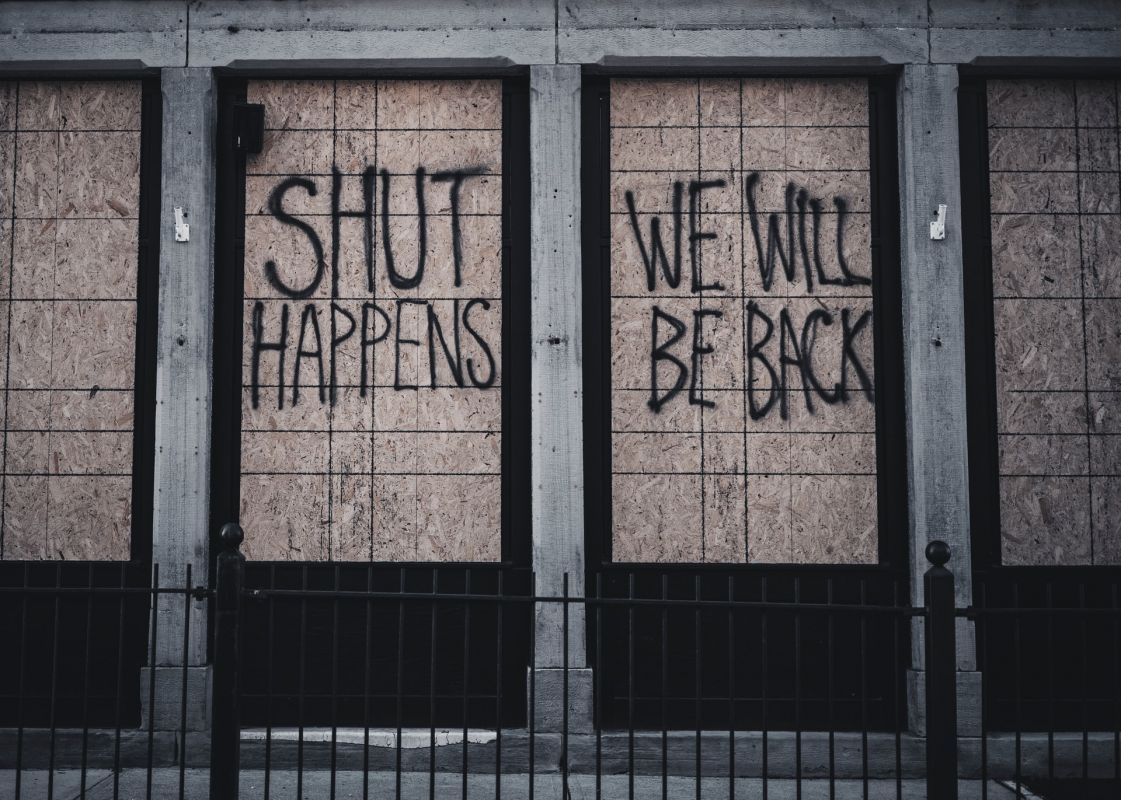
There is a growing concern about the mental health crisis that is resulting from the COVID-19 pandemic. According to the Ipsos Public Affairs Annual Mental Health Index survey commissioned by Children’s Mental Health Ontario, and Additions and Mental Health Ontario, 74% of respondents felt Ontarians are experiencing increased mental health and addictions challenges as a result of the pandemic, and 67% believe the mental health impacts will be serious and lasting. The United States Census Bureau shows a similar trend; a third of Americans are showing signs of clinical anxiety or depression. The mental health system was stressed even before the pandemic began, and the reality is not everyone will be able to receive the treatment they need. In the face of this problem, should health care professionals receive priority access to mental health services, just like we did with Personal Protective Equipment (PPE)?
Distributing PPE to health care workers first was never really questioned. Front line health care workers are working directly with COVID-19 patients so they are at the highest risk of contracting the virus, while most of the rest of us can stay home. Also, since they are the ones treating us, it is important to keep them as healthy as possible. That isn’t to say more people don’t deserve PPE, but given the limited availability the decision made sense. A similar logic could be used for ensuring mental health resources are moved towards health care workers as well, especially given the strain they are coming under.
There have been significant reports about the significant consequences this pandemic is having on health care workers, including suicide and PTSD. 2 months ago, Dr. Lorna Breen, the medical director of a Manhattan hospital emergency department, committed suicide. The same week, John Mondello, an emergency medical technician in New York, did the same. Numerous countries, from England to Italy, have noted suicides amongst health care workers. Thankfully, Canada is not on that list, but we shouldn't take that for granted. This is an unprecedented situation, and we don’t want the mental health system to fail them.
However, health care workers are not the only ones in need to mental health support. Cases of suicide attributed to fear of the spread of the coronavirus have been recorded throughout the world. The pandemic, and the policies that must be put in place to contain it, will inevitably place a lot of strain on people’s mental health, and lead to increased levels of anxiety, depression, addiction and suicide.
Thankfully, many people and organizations are stepping up to the plate. For health care professionals, CAMH is developing a coordinated response to emerging mental health needs including addiction amongst health care workers who are impacted by COVID-19. The Ontario COVID-19 Mental Health Network is dedicated to supporting frontline COVID-19 workers during the evolving crisis thanks to a volunteer network of Ontario-based mental health professionals. There have been significant moves made to help the general population as well. An easy Google search will provide resources from the municipal, provincial and federal governments on strategies to help cope with the pandemic, as well as help lines and online services to use if needed.
But let’s not forget our resources are finite. After all, Ontario and Canada as a whole had yet to address the mental health needs of the population that existed even before this pandemic began. Wait times can be enormous, access is a challenge, and coverage for therapy is abysmal. Even some of the positive steps taken so far aren’t built to last; initiatives like the Ontario COVID-19 Mental Health Network are temporary.
So when the time comes and mental health supports become limited, what are we going to do? Health care workers deserve to have their mental health needs met, and shouldn’t end up stuck in an already overwhelmed system. However, it also doesn’t seem right for them to take away the services from the general public. I feel there ought to be some way of maintaining the tiered system that is currently in place. The Ontario COVID-19 Mental Health Network may be temporary, but perhaps there are steps that could be taken to ensure its continuation, or a replacement network. Having separate services available for health care workers is a system that is already publically supported, but the province needs to ensure that it will be continued when the temporary and volunteer solutions end.





